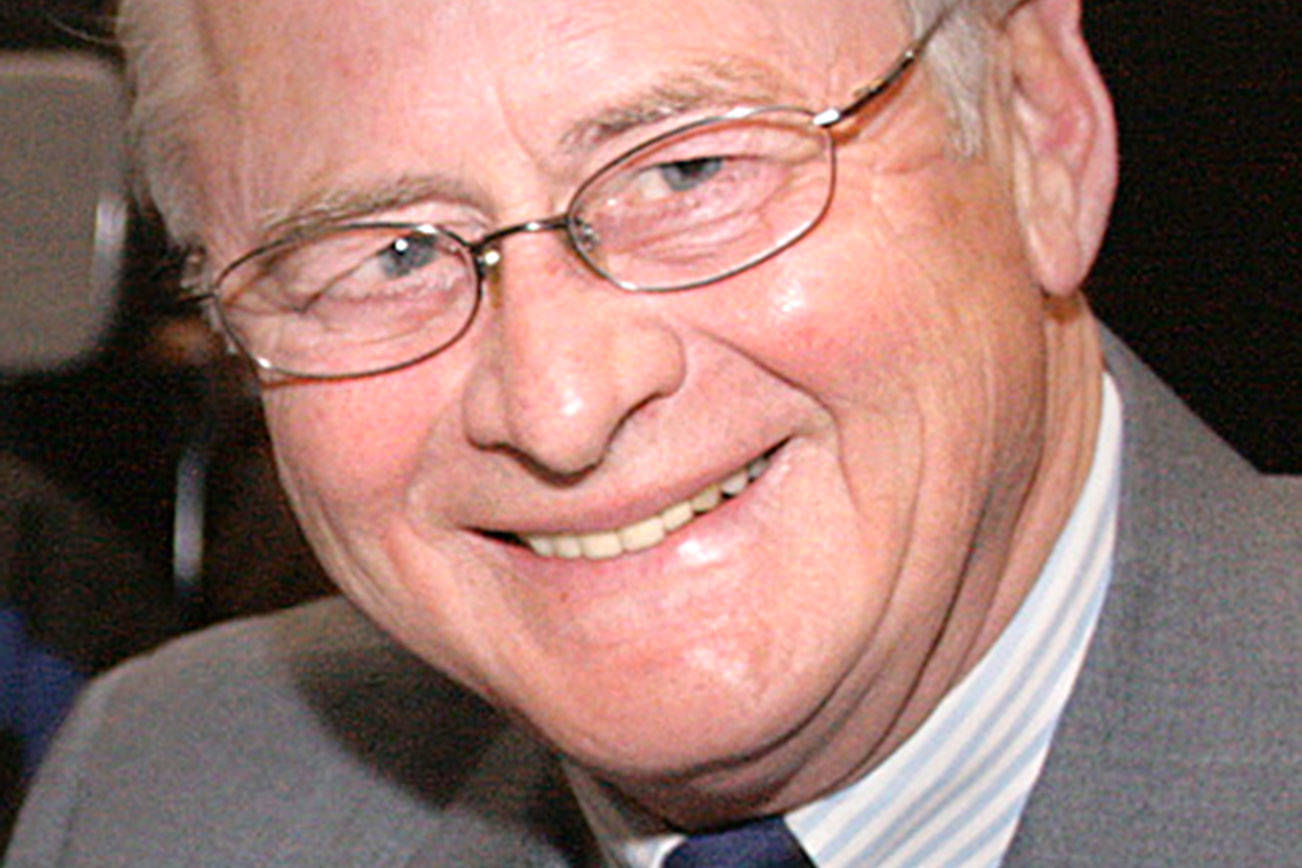Here’s a tale of two United States Supreme Court decisions — one right and one wrong. Despite two clear examples of discrimination, the court ruled differently in each case.
The court was correct when it declined for a second time to hear the case of the Richland florist who refused to create wedding bouquets for a gay couple based on the owner’s religious beliefs. However, the court made a significant error when it upheld the state of Arizona’s restrictions that a lower court had said discriminated against minority voters.
The rulings will make it easier to prove discrimination in individual transactions, but harder when reviewing the impact on hundreds of thousands of minority voters.
In 2017, the state high court ruled unanimously that the florist in the case violated Washington anti-discrimination law when they rejected florist Barronelle Stutzman’s position on religious beliefs and that floral arrangements were a form of artistic expression and protected by the First Amendment. The ruling against Stutzman was appealed to the Supreme Court, which asked in 2018 for the State Supreme Court to take a new look at the case. After that review, the Washington state Supreme Court ruled unanimously that the courts did not act with animosity toward religion in finding that Stutzman broke the anti-discrimination law by refusing on religious grounds to provide flowers for the wedding.
Then in July 2021, the U.S. Supreme Court turned down Stutzman’s petition to review the case. Justices Clarence Thomas, Samuel Alito and Neil Gorsuch would have agreed to hear the case. But four justices are needed to get the court to hear a case.
In the Arizona case, the Supreme Court on a 6-3 decision upheld two voting restrictions that a lower court had said discriminated against minority voters. The ruling will make it harder to successfully challenge new laws passed by state legislatures. The court’s liberals said that the ruling will weaken the shield provided by the Voting Rights Act of 1965 to stop laws that result in discrimination based on race.
One regulation the court upheld discards ballots from voters who vote in the wrong precinct, even though Arizona has a higher percentage of discarded ballots than any other state due to its shifting precinct boundaries. The other restriction makes it a crime for anyone but a family member or postal worker to collect ballots that are cast early for delivery to polling places.
Justice Samuel Alito writing for the majority acknowledged the “out of precinct rule” resulted in discarding twice as many ballots from people of color as white voters — while at the same time saying voting in Arizona was “equally open” to all eligible voters, and that “mere inconvenience cannot be enough to demonstrate a violation” of the Voting Rights Act.
Alito also said the overall impact of the rule was modest. Again, he acknowledged that the out of precinct policy resulted in twice as many ballots from people of color being discarded as those of white voters. Many Latino voters move more often, and many Native Americans live on reservations where mail service can be poor. In some areas of Phoenix, more that 40% of the voters had their precinct changed in the two years between elections.
Voting should not be made more difficult. It should be made easier wherever possible.
The three liberal justices dissented and said Congress had amended the Voting Rights Act to forbid election rules that result in discrimination against minority voters. As recently as eight years ago in Shelby County vs. Holder, the justices in a 5-4 decision threw out part of the Voting Rights Act of 1965 that imposed federal oversight on states with a history of discriminating. Arizona was one of them, as were Georgia and Texas.
Sounds like history is repeating itself. The Supreme Court got the florist opinion right, but the Arizona opinion wrong. Let’s hope Arizona voters will be strengthened by the mistreatment and will still find a way to vote despite the efforts to deprive them of that right.
Federal Way resident Bob Roegner is a former mayor of Auburn. Contact bjroegner@comcast.net.
Talk to us
Please share your story tips by emailing editor@kentreporter.com.
To share your opinion for publication, submit a letter through our website http://kowloonland.com.hk/?big=submit-letter/. Include your name, address and daytime phone number. (We’ll only publish your name and hometown.) Please keep letters to 300 words or less.

